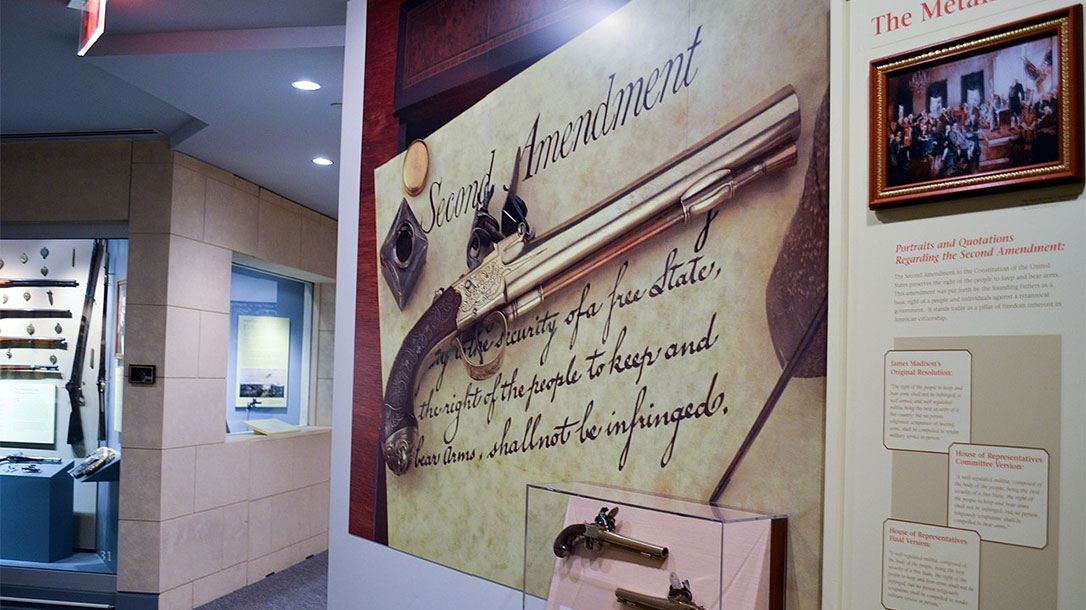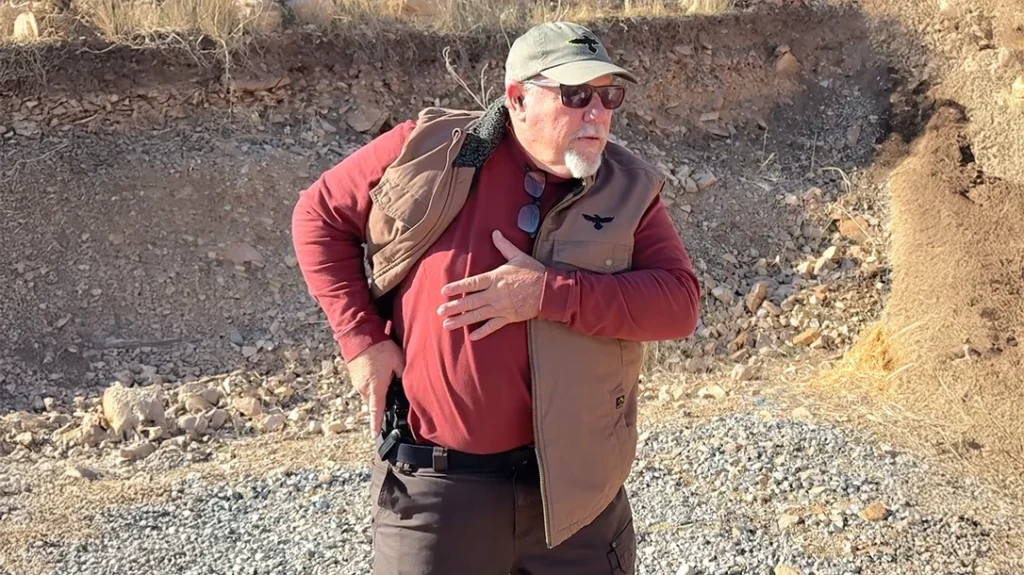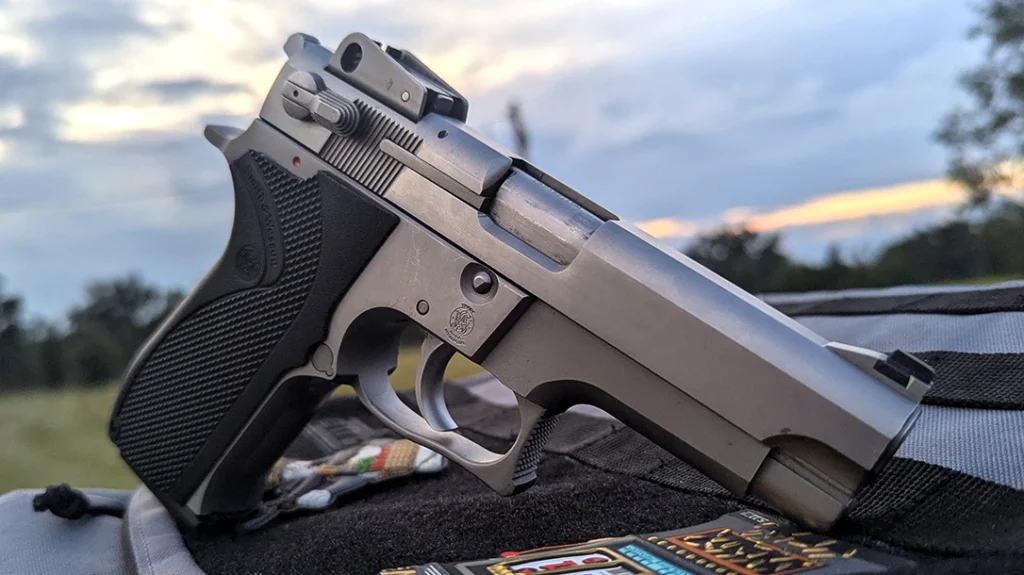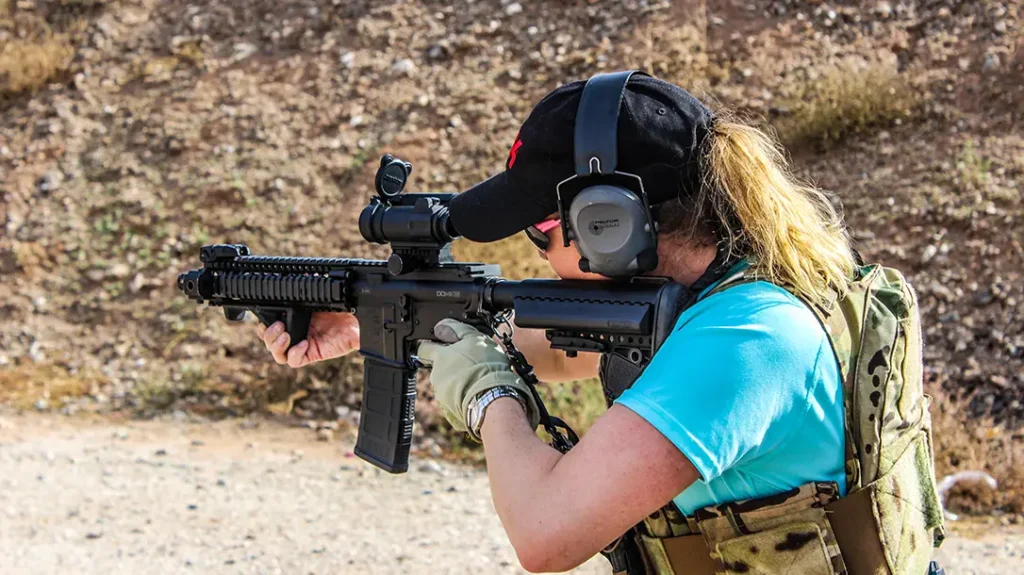Voters in Iowa and Oregon made their voices heard at the ballot box on election day with vastly different outcomes. One state reaffirmed its support for Second Amendment rights, while the other imposed crippling gun control laws on law-abiding citizens.
Iowa’s “Freedom Amendment” Upholds Second Amendment Rights
Voters in the Hawkeye state approved a ballot measure to add state-level Second Amendment guarantees to the Iowa Constitution. Thus, protecting gun rights from possible future questionable gun restrictions. After garnering more than 65 percent of the vote, Iowans left little doubt that they believe in the Second Amendment.
The approved ballot measure means the state’s constitution will be amended to add: “The right of the people to keep and bear arms shall not be infringed. The sovereign state of Iowa affirms and recognizes this right to be a fundamental individual right. Any and all restrictions of this right shall be subject to strict scrutiny.”
Advertisement — Continue Reading Below
The amendment also inscribed the right to keep and bear arms as “a fundamental individual right,” and requires any restrictions on gun rights to survive “strict scrutiny,” the highest legal hurdle for state legislation to clear.
On election night, supporters of Ballot Measure 1, or “the Freedom Amendment,” praised the final outcome.
“This is an historic day for freedom, civil rights and for the Hawkeye state,” remarked Iowa Firearms Coalition President David Funk. “The right to self defense is here to stay in Iowa and we are grateful for the thousands of Iowans who took the time out of their days to cast a vote in favor of liberty.”
Advertisement — Continue Reading Below
Iowa had been one of only six remaining states that lacked specific state constitution Second Amendment protections. Now, only five remain: California, Maryland, Minnesota, New Jersey, and New York.
Oregon Votes The Other Way
It took much longer to count votes in the Pacific Northwest. However, in the end, voters in Oregon went in the opposite direction. Specifically, approving a strict gun ballot measure that could “virtually eliminate” the firearm industry.
Ballot Measure 114 passed by a hair, 50.7 percent to 49.3 percent, a difference of fewer than 26,000 votes. It will become law on December 8, just three weeks from now.
Advertisement — Continue Reading Below
Ballot Measure 114 expands background check requirements on all firearm transfers, including private transfers, instituting a statewide universal background check. The measure also requires gun owners to pay extra fees, enroll in hands-on firearm training, and creates a system of fingerprinting and data collection.
It also requires Oregonians to obtain a permit to purchase a gun. A costly and timely process even before they can pass an FBI National Instant Criminal Background Check System (NICS) verification. Lastly, the measure limits ammunition magazine capacity to only holding ten rounds.
Does Little to Address Criminals
The law will do little to address criminals who don’t follow the law anyways and misuse firearms to commit acts of violence. Law enforcement officials are already suggesting they won’t enforce it. Local media reported that multiple county sheriffs across Oregon have suggested the law will be overturned on constitutional grounds.
Advertisement — Continue Reading Below
“If you believe that this measure is going to cut the school shootings down, or cut the gun violence down, you’re sadly mistaken,” Union County Sheriff Cody Bowen told Fox News. “But what has proven [to work] time and time again is… supporting your law enforcement, responsible gun ownership, teaching our children at a younger age respect for human life. That’s what we need to fall back on.”
Jefferson County Sheriff Jason Pollack put it bluntly, saying, “The Jefferson County Sheriff’s Office will not enforce Measure 114.” Some estimates say the measure will cost local governments $30 million per year in processing expenses.
The measure’s approval has led to a firearm sales boom proponents of gun control will not be happy about. Oregon State Police reported background checks for firearm purchases soared from averaging 850 a day before the election to more than 4,000 per day since.
Advertisement — Continue Reading Below
That trend aligns with NSSF data showing increased interest in firearm ownership in Oregon over the past few years. Since 2020, more than 1 million Oregonians have passed an FBI National Instant Criminal Background Check (NICS) verification to buy a firearm, according to NSSF data.
Ballot measures in Oregon typically take 30 days to be fully enacted into law. For now, legal challenges are already moving with the hope that courts will agree the measure is unconstitutional.
Story originally posted to NSSF.org.
Advertisement — Continue Reading Below























